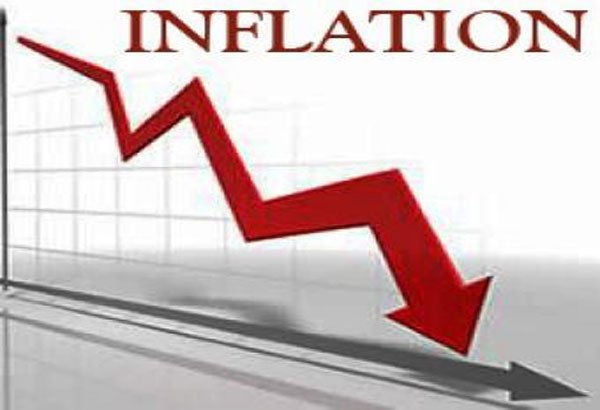
19th February 2025
Experts Urge CBN to Cut Interest Rates as Inflation Drops
Financial and economic analysts expect the Central Bank of Nigeria’s Monetary Policy Committee (MPC) to reduce benchmark interest rates following a decline in inflation.
The National Bureau of Statistics (NBS) reported that Nigeria’s inflation rate fell to 24.48% in January 2025, down from 34.80% in December 2024, after rebasing the Consumer Price Index (CPI).
What is CPI Rebasing?
Statistician-General Prince Adeyemi Adeniran explained that Nigeria’s CPI was rebased from 2009 to 2024 to better reflect economic realities. The update includes:
- A refined inflation calculation method.
- The removal of own-production, imputed rents, and gifted items.
- A shift to the Classification of Individual Consumption According to Purpose (2018 version).
The new approach ensures a more accurate measure of inflation in line with global standards.
Why the Inflation Drop?
Food inflation declined from 39.84% in December 2024 to 26.08% in January 2025, while core inflation (excluding food and energy) dropped to 22.59%. Experts attribute this to:
- The rebased CPI capturing updated household spending patterns.
- Lower consumer spending after the festive period.
Will Interest Rates Drop?
Experts believe the lower inflation rate could push the CBN to reduce interest rates to encourage economic growth.
Professor Uche Uwaleke from Nasarawa State University praised the rebasing, noting that it will help policymakers make better decisions and attract investors. Similarly, Tunde Amolegbe, Managing Director of Arthur Stevens Asset Management, believes the CBN’s MPC may now have room to ease interest rates.
Caution on Inflation Figures
Despite the lower inflation rate, Dr. Muda Yusuf, Director of the Centre for Promotion of Private Enterprise, warned that high prices remain a concern. The rebased CPI does not mean costs have reduced—only that the rate of increase has slowed.
The Lagos Chamber of Commerce and Industry (LCCI) also emphasized that while the rebasing offers a clearer economic picture, it does not improve living standards unless essential costs like food and transportation decrease.
What Next?
Experts urge the government to:
- Stabilize the exchange rate to reduce inflationary pressures.
- Support local production to cut reliance on imports.
- Improve food supply chains to lower food prices.
- Balance interest rate policies to sustain growth.
While the inflation drop is a positive sign, the real challenge remains making daily life more affordable for Nigerians.






